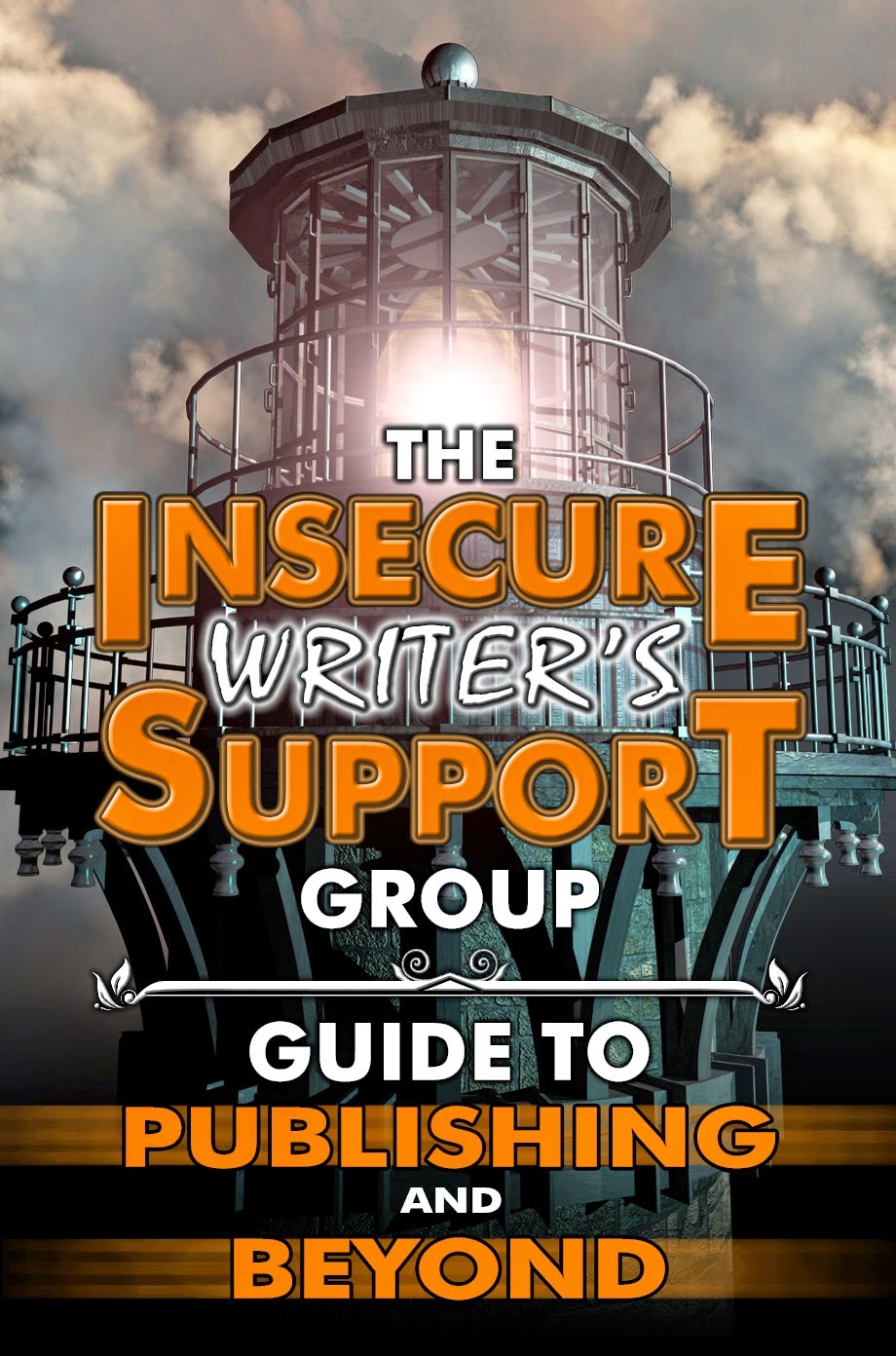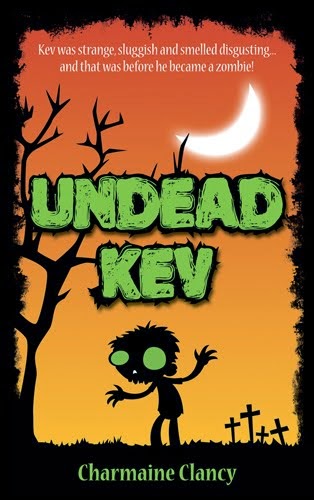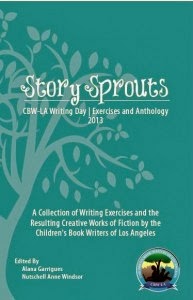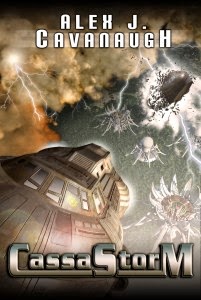It seems like everyone wants to be a writer these days, but do they all have a story worth telling? The short answer is yes. I believe that with no doubt whatsoever.
However, it may not be the story they’re actually writing. Many writers shy away from the really interesting stuff they could tell because it’s just too damn uncomfortable for them. And then even when they do pick the perfect tale, they can still screw it up in the telling.
But I believe anyone can come up with something that’s interesting enough to share with the world at large.




































































































